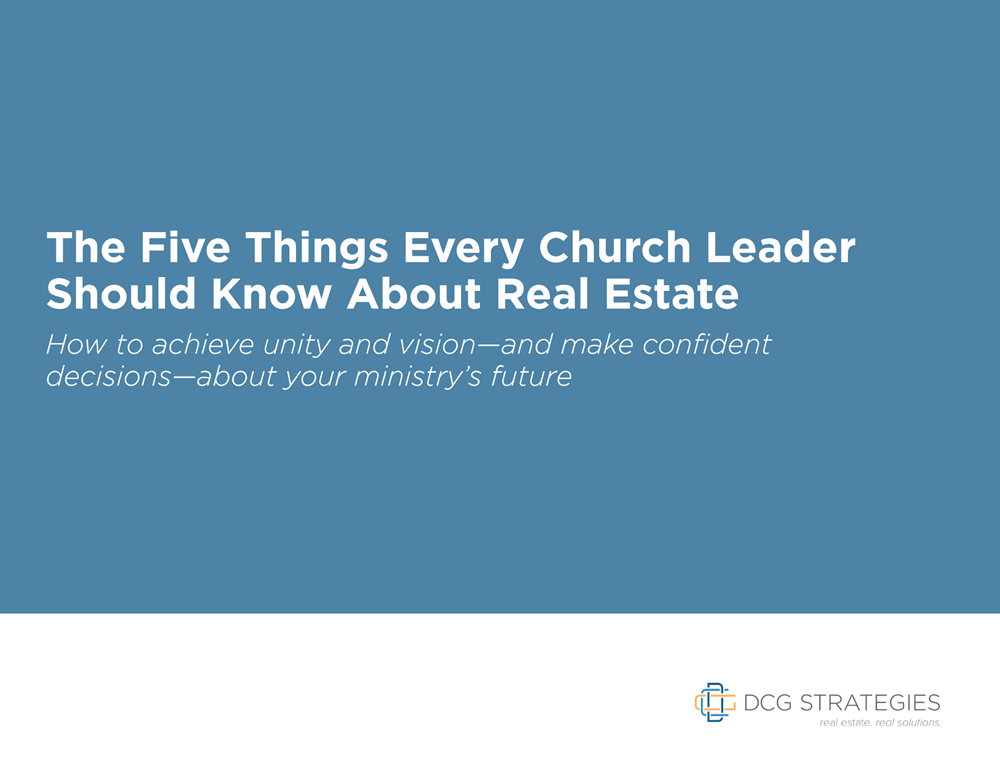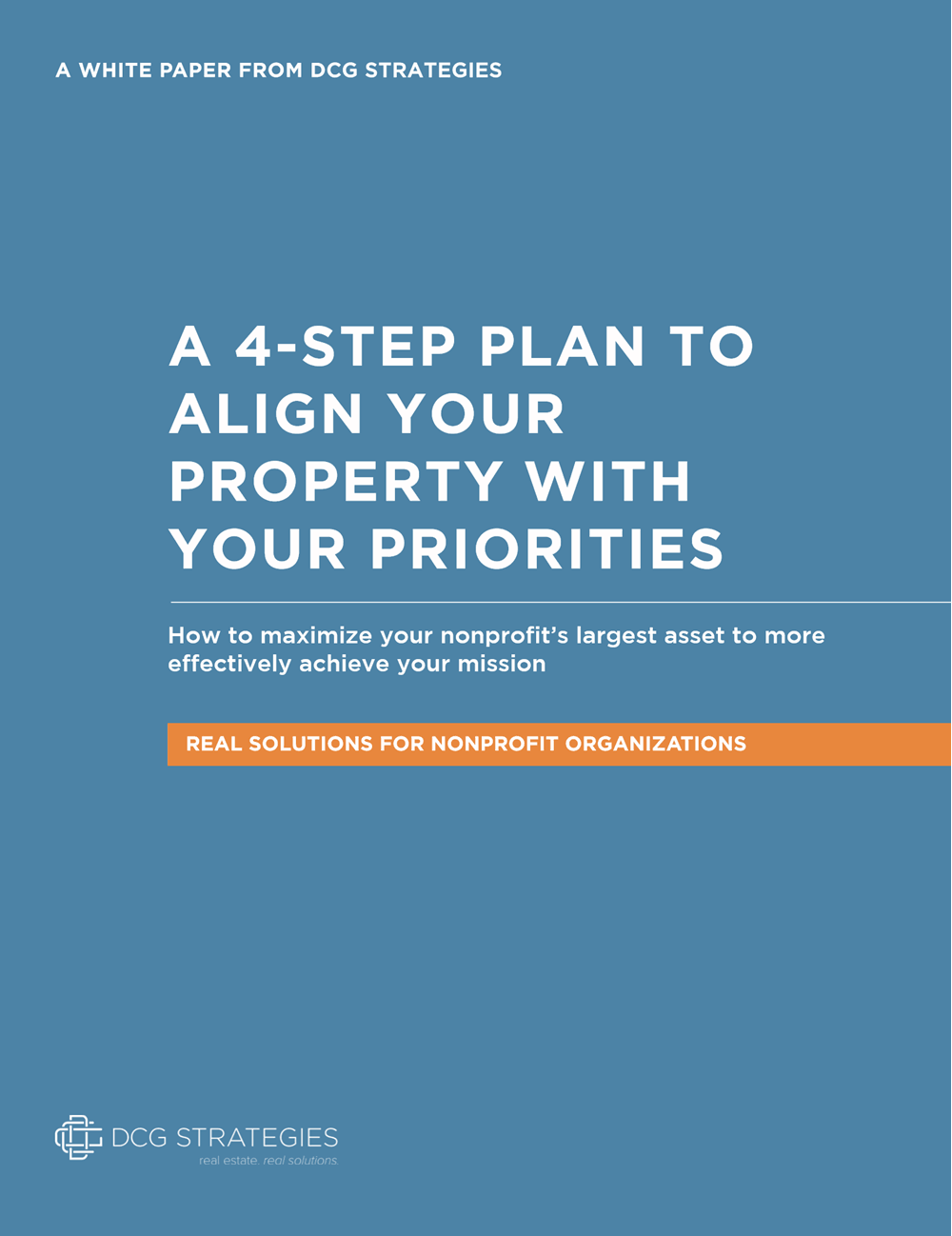 Too often, church congregations put faith in their member volunteers when buying and selling property. A church must understand its needs, the property, and the marketplace when going forward.
Too often, church congregations put faith in their member volunteers when buying and selling property. A church must understand its needs, the property, and the marketplace when going forward.
Image source: Flickr CC user Ted Sakshaug
A few Sundays ago I heard a nice story about how a church found the land where its beautiful buildings now sit. The preacher at the time spotted a ‘for sale’ sign on the lot while out driving one day. He liked the property so much that he stopped at the house. The owner came out on the porch, and the two men starting haggling. Within a few minutes, the preacher had a deal and shook firmly on it. The man’s gut and strong faith told him it was the right thing to do, even though he wasn’t sure when, or if, his church would ever build there. They did build, decades later. Well, it all worked out.
Stories with happy endings make people feel warm and fuzzy inside, but I’m retelling this one to emphasize that a congregation should never expect the same thing to happen to them. Gut feelings and warm and fuzzy thoughts should be pushed to the background when a church gets down to the nitty-gritty business of evaluating commercial real estate.
Church sales don’t always have happy endings. Just a quick Google search will show some sad tales where churches walked into problems:
- A Dallas-area church bought a foreclosed building and was planning to open a community center to distribute food for the needy when it received a $170,000 bill in the mail for back taxes;
- A Kansas church tangled itself up in a federal case with the city government because it was holding services in a downtown building where religious organizations are not permitted to do so by zoning;
- Here in California, a federal appeals court stopped an Alameda County church from building on land in an industrial park that it found nearly a decade ago because the congregation didn’t read the fine print.
Churches can make many mistakes in these sophisticated, often multi-million dollar deals. They can avoid them, too, with proper, hard-nosed analysis. Boiling it down to the basics, I would like to propose that churches follow three commandments when buying commercial real estate:
Thou Shalt Understand Your Needs: Church sales are about the present and the future. A congregation needs to know how much land and building it needs, and not just now. Ok, it is a bit of squishy science trying to forecast what membership, revenues, and programs will look like decades from now. However, a church can easily evaluate a property’s potential for adding space and parking, and learn what the zoning says about allowing, for example, a daycare or school.
Thou Shalt Understand the Property: A church often needs a team of experts, including an appraiser, architect, engineer, attorney, and a broker. After signing a contract, the congregation will have a window in time to do its investigation, which normally includes a title search, building inspection, and survey of the property. Too often churches fail to analyze other important areas, however, such as the town’s zoning restrictions, or don’t bother to do soil testing or an environmental study of the land.
Thou Shalt Understand the Market: Church members will probably fall in love with a property for its potential new ministry or campus. It is okay, and expected, for members to be heavily involved and show their faith in the project. However, if church volunteers are allowed to handle parts of the sale, they need to be qualified and experienced professionals. A church sale is not like buying a house. Early on, the congregation should contact a commercial real estate broker with experience in handling church sales. A good broker will understand fair market values, the neighborhoods and available properties in an area, and be able to hook the congregation up with other reputable professionals they’ll need along the way.
Let’s not forget why churches are here: To spread the faith and strengthen communities. Buying property ought to be an exciting time, but the excitement needs to be tempered by analysis. When a church makes the right moves, the congregation should almost always get a nice story with a happy ending to tell.
If your church is looking to expand or to move, it helps to work with a team that understands your unique needs and can help you achieve your mission. Contact DCG Real Estate to today to get started down your next path.





